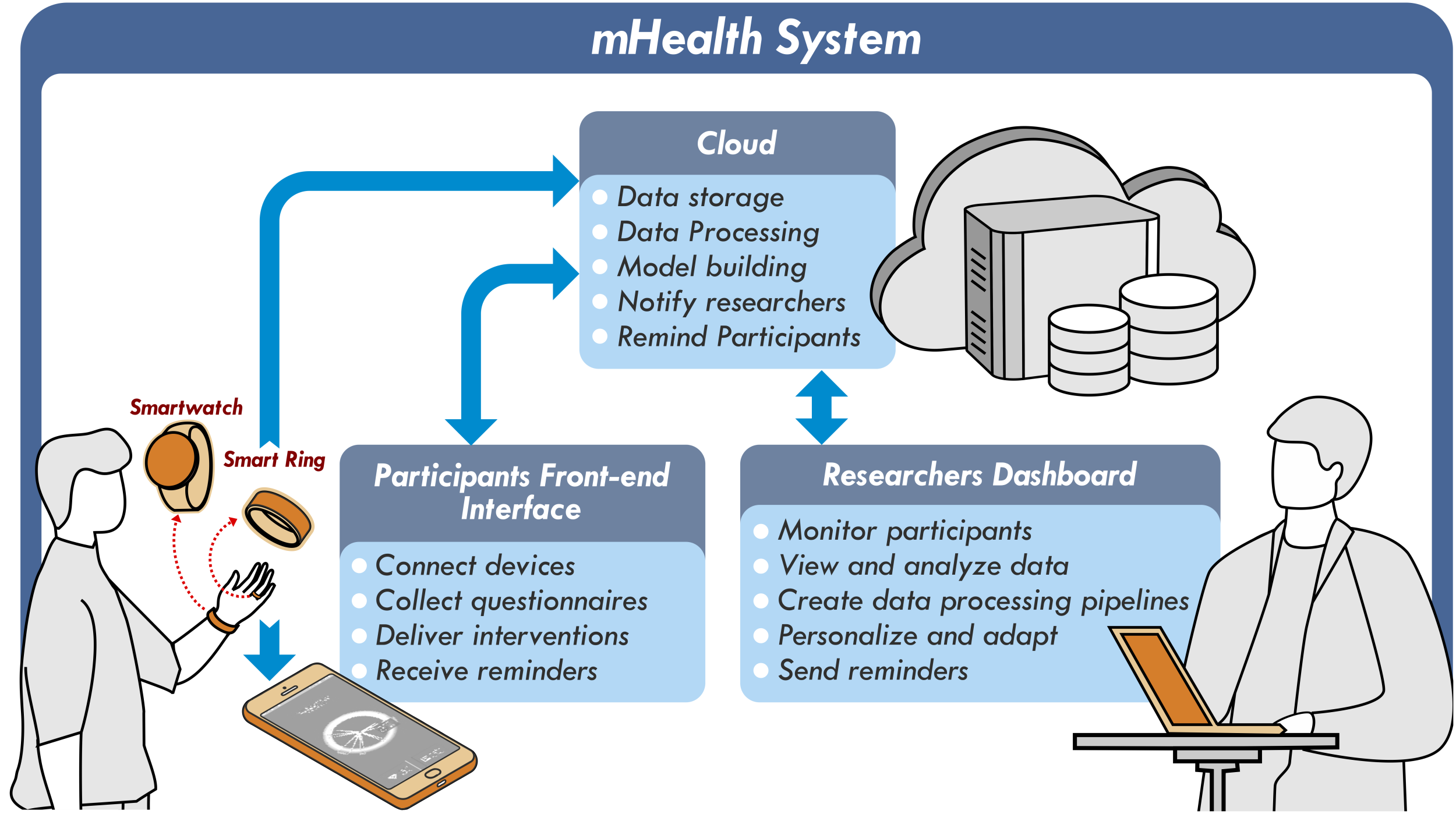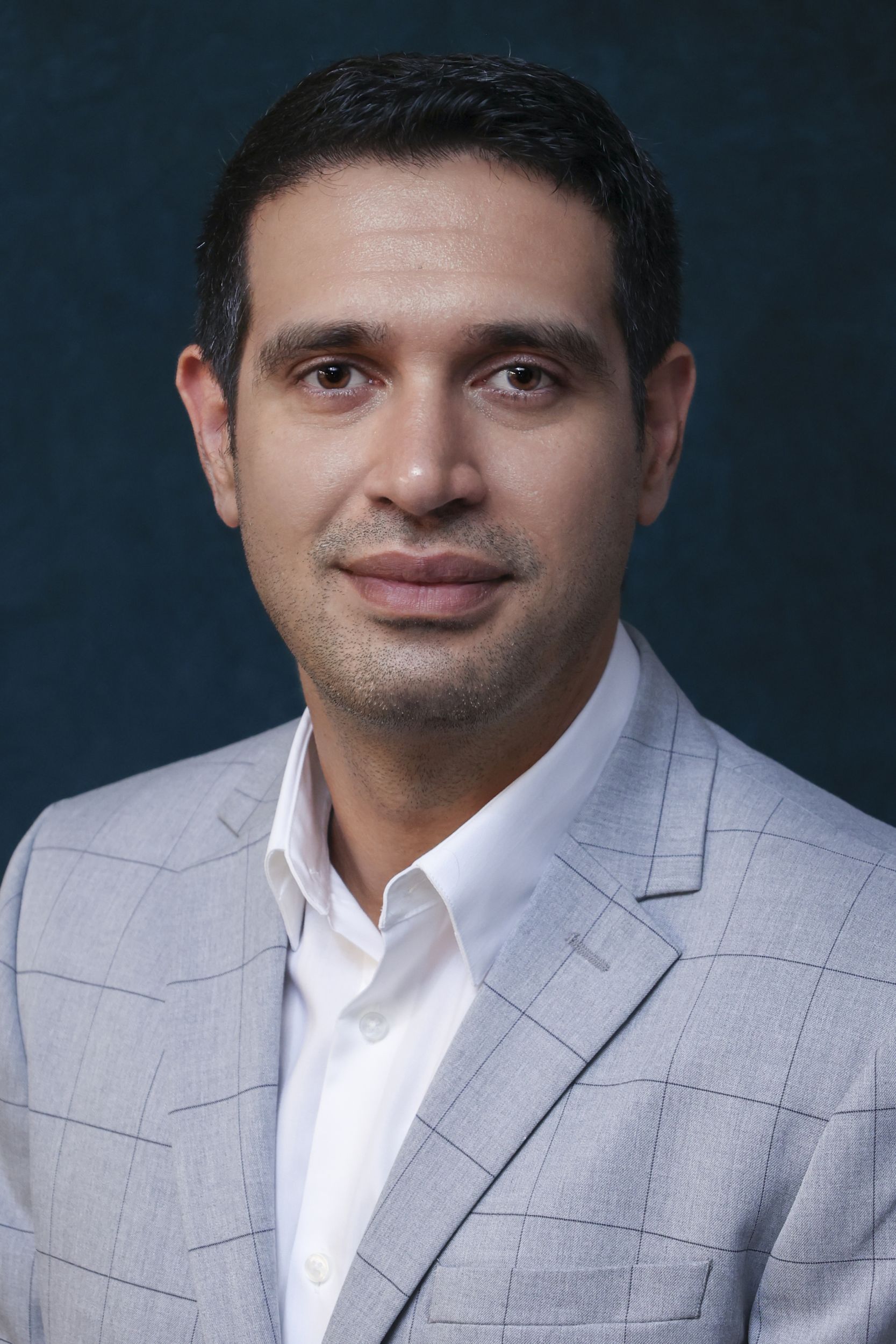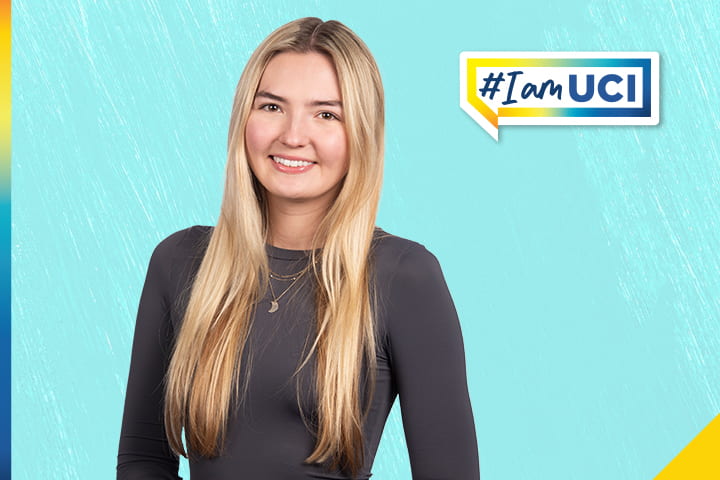

The search for technology that can better connect patients with their health care providers has taken a major step forward thanks to a team of researchers at UCI’s Susan and Bill Gross School of Nursing.
Led by Amir Rahmani, a professor of nursing and computer science, university researchers have spent the past four years developing ZotCare, a mobile healthcare platform that can interact with smart watches and other personal devices to monitor the health of patients and upload that data to medical providers and even health researchers.
“ZotCare is a mobile health care platform to design a study for everyday settings,” says Rahmani, who also serves as the associate director for Institute for Future Health. One layer of the platform integrates sensors that monitor vital signs such as a patient’s heart rate and blood pressure as well as physical movement and sleep as tracked by body movements. This flexible sensing layer enables providers and researchers to integrate their new sensors into the system. From there, he explained, the data is uploaded to the cloud and made available to end users, whether they be medical providers or health researchers that can use the information for studies and surveys.
“Another feature that comes with ZotCare,” adds Rahmani, “is two-way communication with the ZotCare mobile app, so participants can get reminders or alerts, or automatic prompts asking certain questions like ‘How do you feel right now? Did you have a fall yesterday? How did you sleep?’ It’s a platform for objective and subjective data collection.”
Because health issues such as stress can be objectively measured through physiological patterns in the body such as an elevated heart rate, and because that data can be captured and streamed to the cloud, ZotCare allows for what Rahmani refers to as “real-time mental health analysis.”
It can also be used for “real-time lifelogging.” This technical phrase refers to how computer technology can evaluate in real time whether someone is at risk of falling, if a patient may not have taken their medication, or if the person hasn’t physically moved or unlocked their phone for an unusually long period of time.
But ZotCare does more than send notifications and compile data. “We designed an exercise recommendation app for pregnant mothers,” says Rahmani. “The app can see through a smart watch how active they are and try to adjust how much activity they need to do so. It’s more than a reminder; it can implement recommendations.”
While certain other apps have created platforms that do some of the work that is built into ZotCare, none of them have so far been able to bring all the different important layers together. “Now you don’t have to implement all these separate pieces,” Rahmani explains. “There is no other system that offers a one-stop-shop like this.”
Having already partnered with technology companies who make devices such as the Apple watch, Oura Ring, and FitBit, Zotcare’s crucial next goal is linking data with institutions such as hospitals, which will take time given the regulatory and privacy issues raised by the technology. “That’s the next step, says Rahmani. “Once that’s accomplished, users and providers can use our data in an everyday setting to promote healthy living.”
Read more about Zotcare at the Institute for Future Health.




Leave A Comment